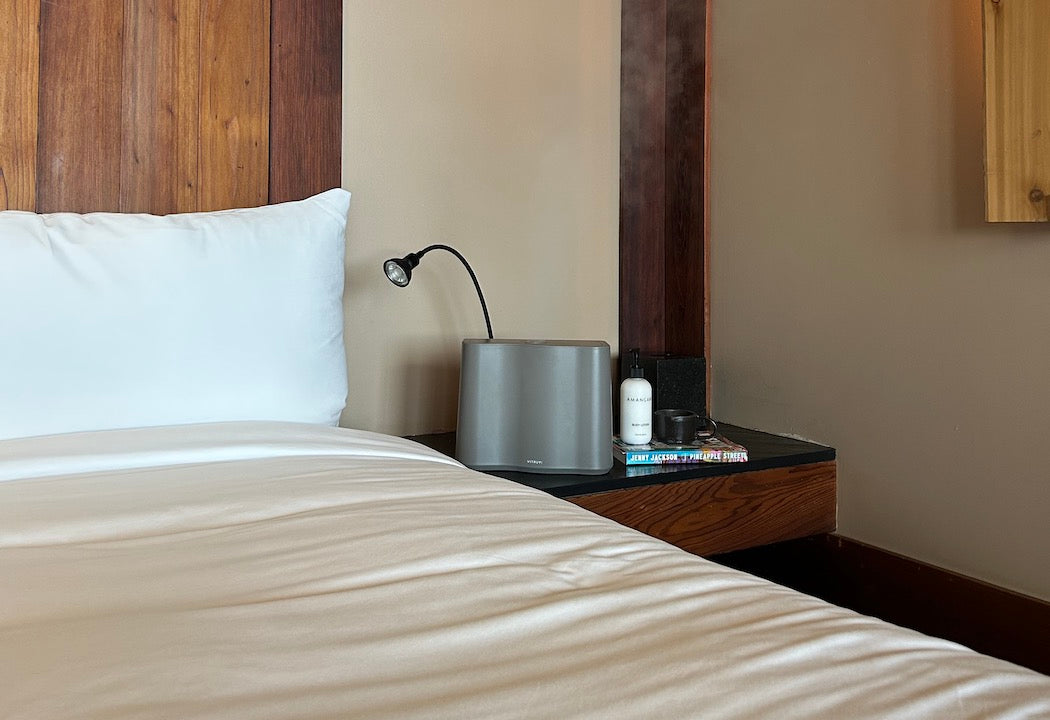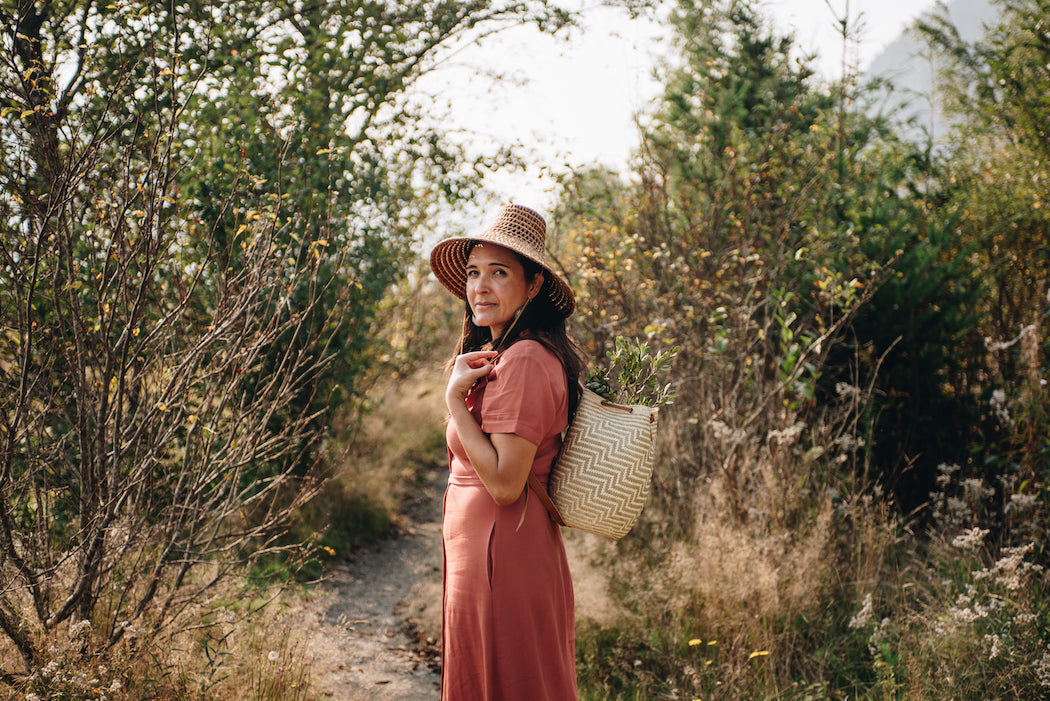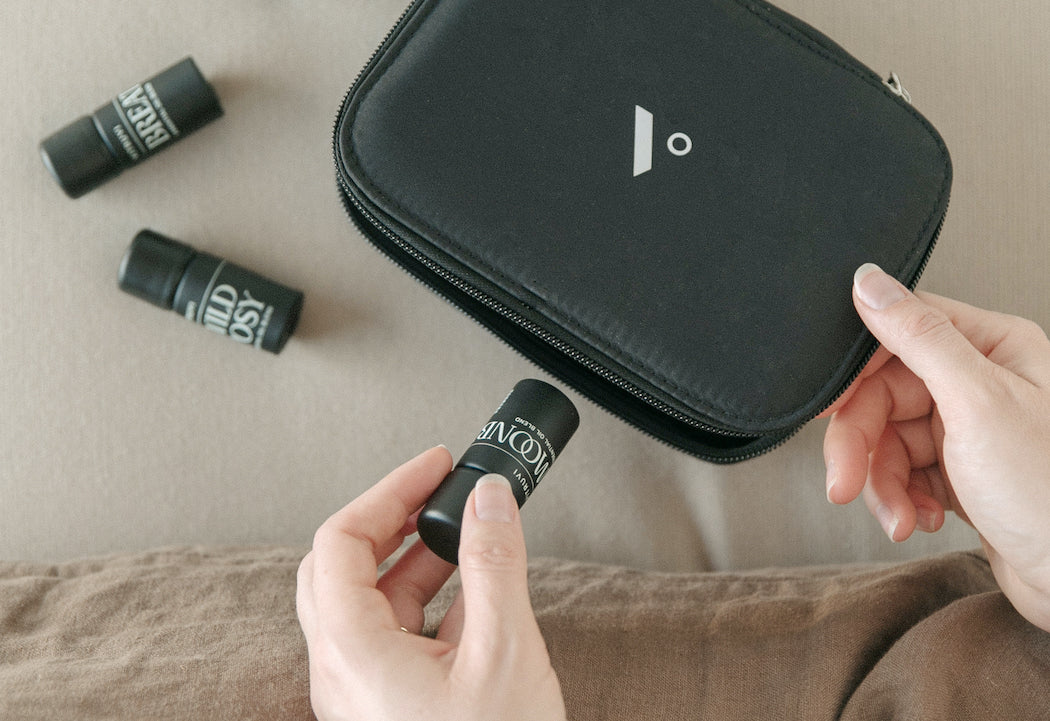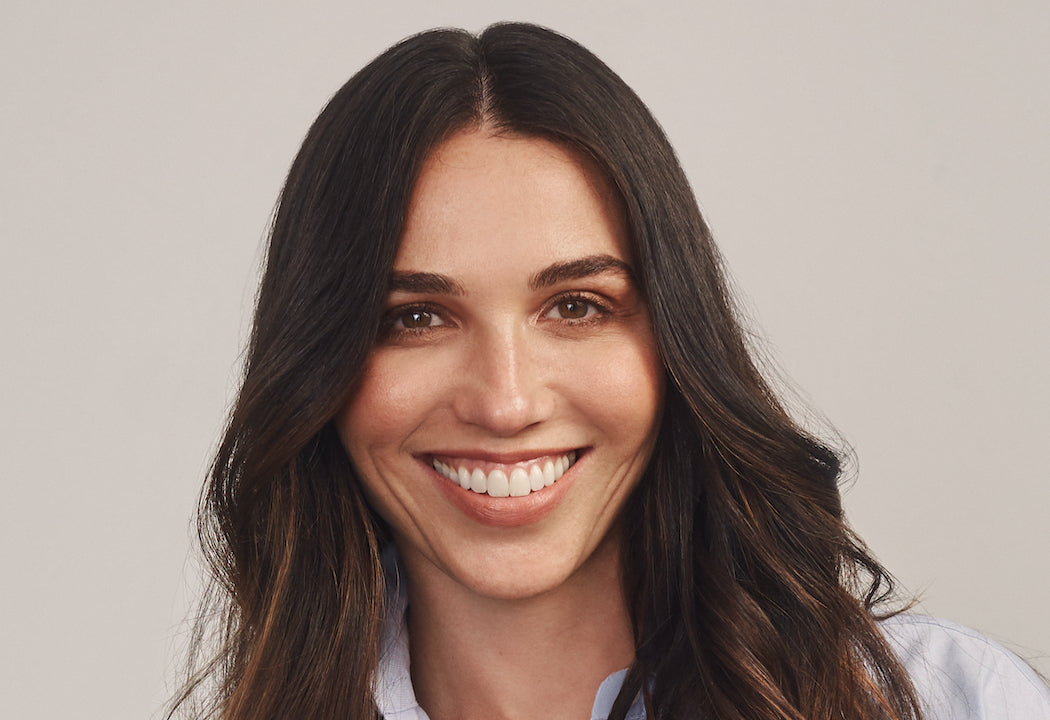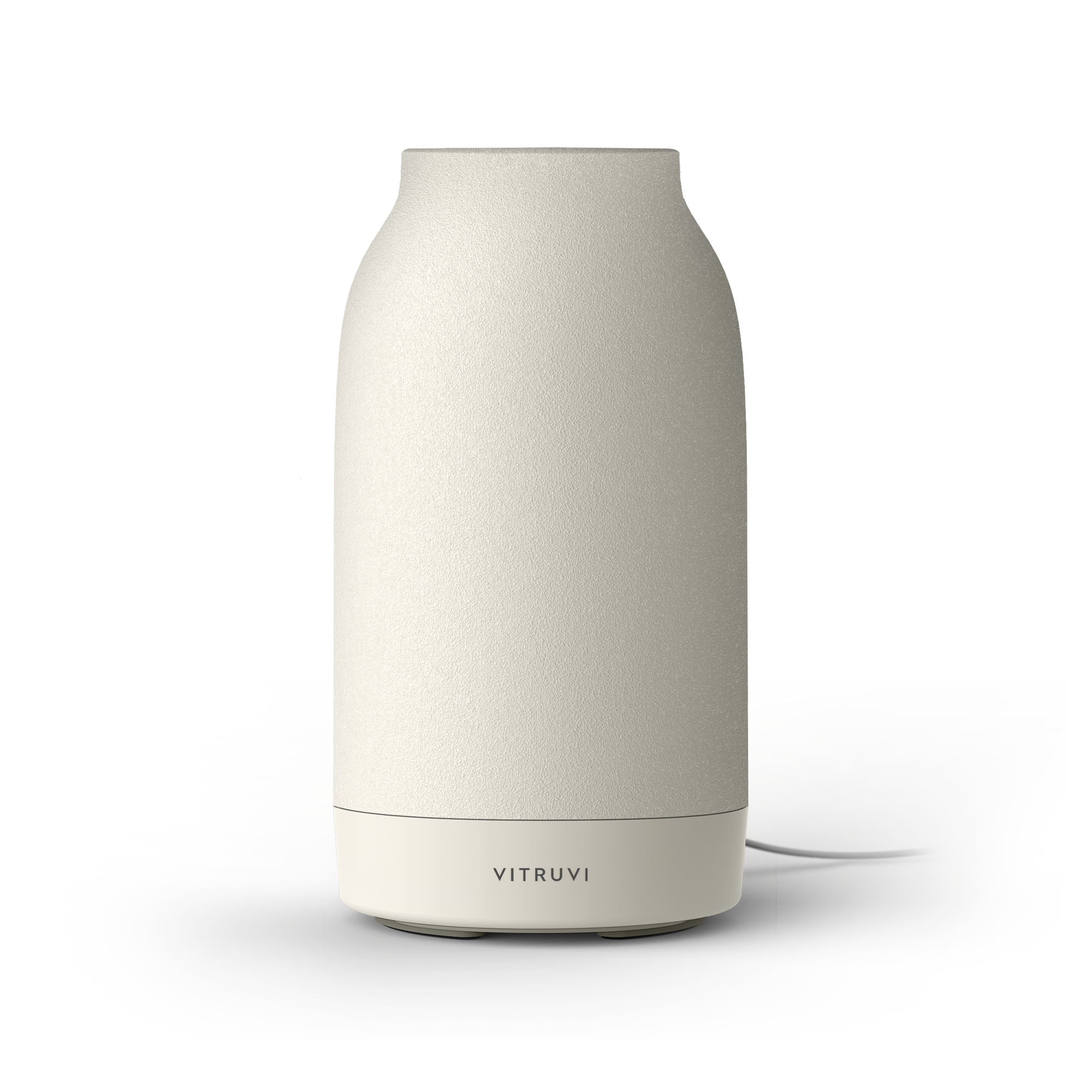The current, typical approach to the fashion industry is killing our planet and damaging our health. It’s a bold statement, but one that needs to be heard; so many of us are unaware of what sustainable, ethical fashion truly means, and what it means for our world if we don’t dedicate ourselves to it becoming the norm. So, what can we do?
Choose all-natural
If you’re wearing polyester, nylon, or acrylic, then you’re contributing to the biggest source of the microplastics pandemic. Microplastics have now been found in our drinking water, food like fish and fruit, and even the air we breathe. Instead of plastic-based, choose all-natural fibers that have ethical and environmental certifications, like GOTS-certified organic cotton or ZQ-certified Merino wool, which we use at Ecologyst.
Synthetics like polyester have been trying to mimic wool for decades. A fiber that is naturally thermo-regulating, is fire- and odor-resistant, and wicks away moisture, Merino wool also means that scratchy, skin-irritating wool is a thing of the past. Choose wisely and you won’t be opting out of functional performance, durability, or premium comfort.
Understand the source
Every summer as a kid, I was shipped off to my grandparents’ farm. I quickly learnt that you have to do a lot of things yourself there, as the nearest town was over an hour’s drive away. Grow your own food, fix your own bike, and most influentially for me: make and mend your own clothes. It’s become a joy of mine to figure things out for myself, which is apparent in the expansion of our Ecologyst factory: we are moving to a larger facility on Store Street in Victoria, B.C., and make pieces like our culottes and outerwear completely in-house. There were not any external options for crafting the products we wanted, especially in an ethical way, so we took it upon ourselves.
Supporting local companies means contributing to your local business ecosystem—from employment through to where wages are spent. Take this one step further and you can know where the factory is, what the supply chain and working conditions are like, and who actually made your clothing. Having our own factory has meant more local employment (with fair wages and safe conditions), keen eyes on our products’ quality, and a huge drop in emissions from shipping. We’re excited and proud to be part of rebuilding the Canadian-made clothing industry.
Scrap seasonal
Yves Saint Laurent famously said, “fashion fades, style is eternal”—and the latter is hands-down what we’re fostering at our company. We rebuke fast fashion’s attitude of up to 10 collections a year, as this leads to, on average, just seven wears of an item—and from there, 10 million tonnes of textiles landfilled in North America every year. It’s not just wasteful and harmful to our world; it’s a huge drain on your wallet, too.
Time on my grandparents’ farm also meant finding hidden versatility in all sorts of things, and having a big distaste for waste. I’m a believer in the idea of fewer and better: less pieces overall, but more of higher quality that last longer. Find joy, and longevity, in what you own. Discover brands that focus on craftsmanship and intentional production; those doing small runs that mean less waste from leftover stock. You may invest more upfront from companies with these values, but you’ll stop wasting funds replacing them so often, and be doing good for people and planet at the same time.
Seek connection
While the past year has been tumultuous, I count my blessings and start this next one with hope. A huge contribution to this has been the rallying of our community around us and all that we stand for. It’s not just hope for Ecologyst, but for the health and sustainability of the Canadian clothing industry in the future. I hope that we can be a model for doing business differently—of not having to compromise on planet or profit, but managing to champion both.
I encourage you to seek connection with the companies you’re interested in—know who’s making your clothes, support small businesses, understand their values, and in turn avoid greenwashing.
My grandfather lived and worked by a mantra, and it’s one that now informs my own life and work: leave it better than you found it.



